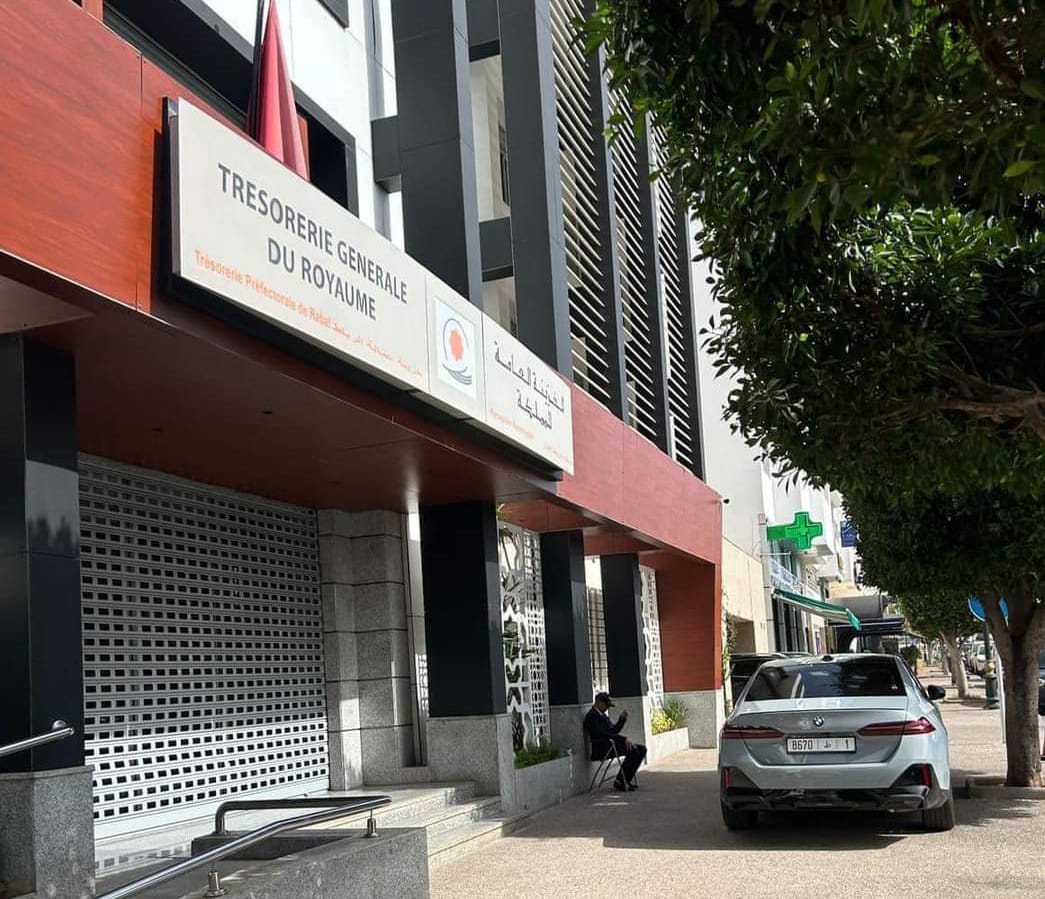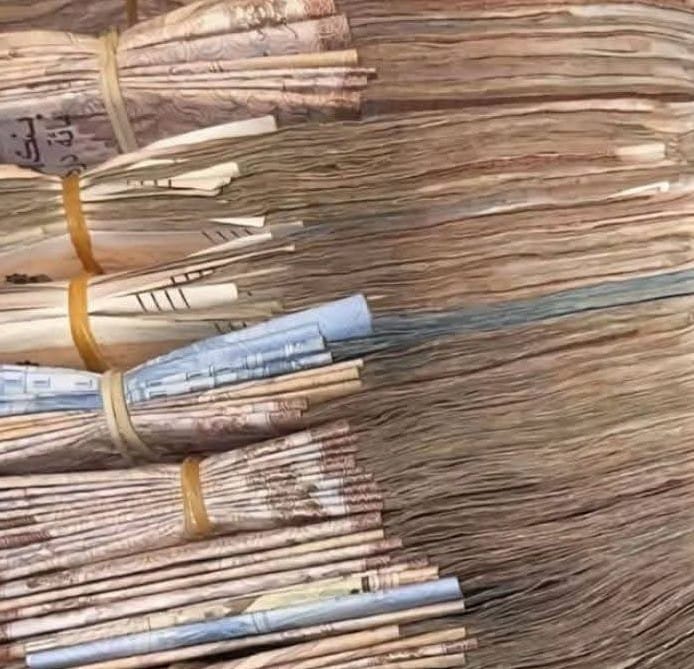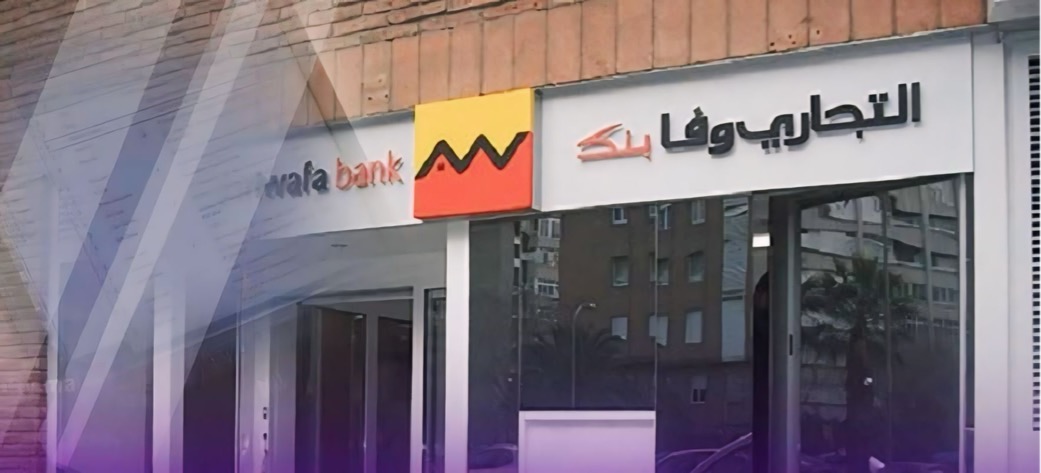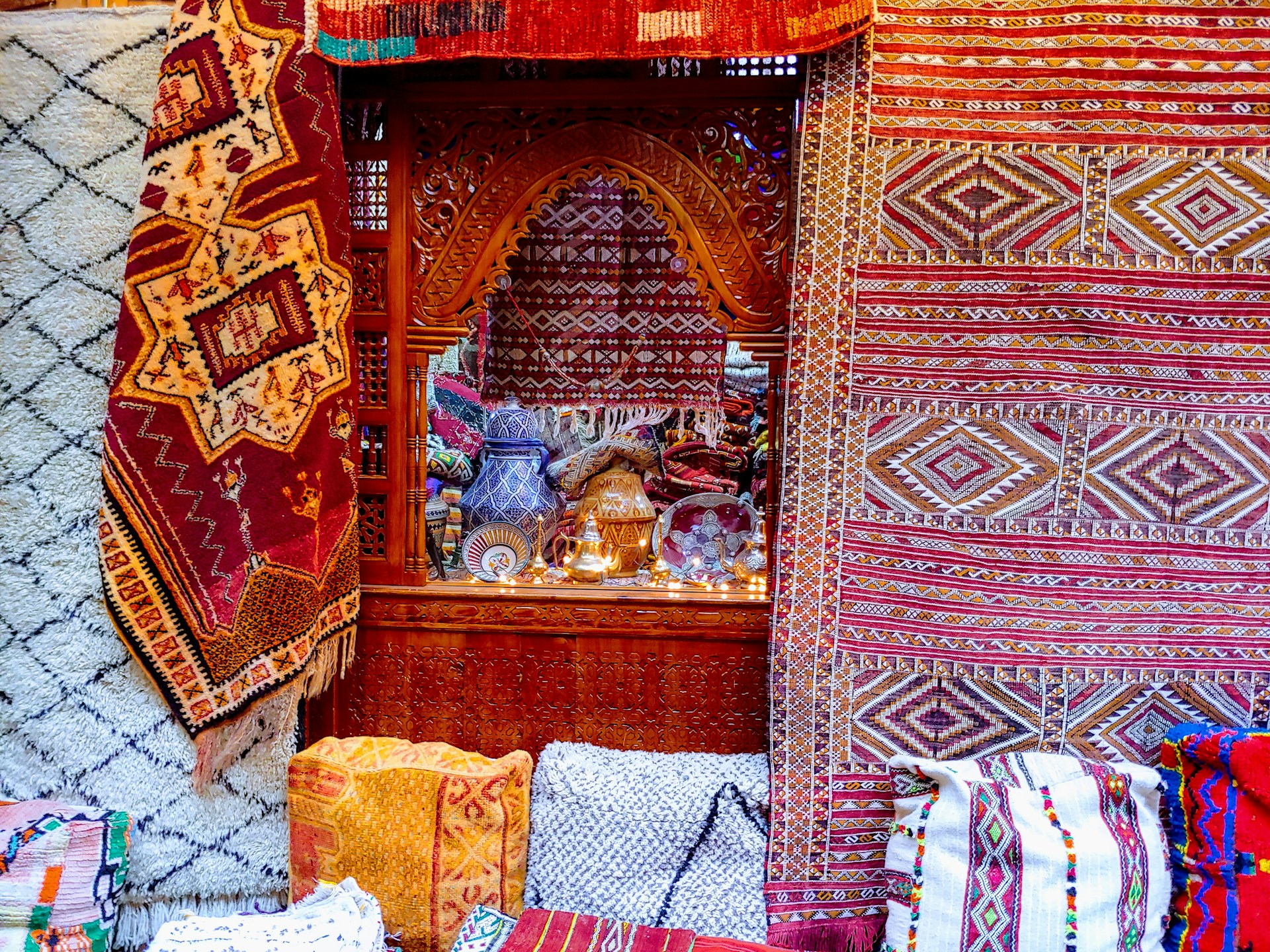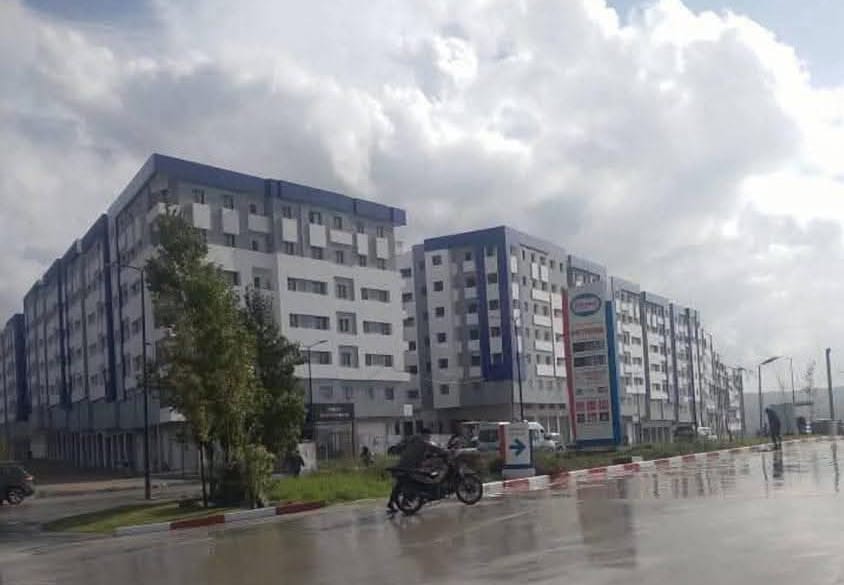Casablanca – Abdellatif Jouahri, Governor of Bank Al-Maghrib, has underscored the overwhelming reliance on cash transactions in Morocco, urging a transition towards digital payments. He also provided updates on the ongoing development of the electronic dirham, a project that the central bank views as a medium- to long-term solution.
In a press conference following the second meeting of the Central Bank’s Board this year, Jouahri discussed a recent meeting with Moroccan banks on June 12. He emphasized that banks should adopt a positive approach in customer dealings, rather than focusing solely on their interests. A new platform has been introduced for fee transparency and the reclamation of guarantees post-loan repayment. Additionally, the central bank has started imposing penalties on certain banks to ensure compliance.
Jouahri highlighted that cash transactions in Morocco have reached over $44.33 billion, equivalent to about 30% of the country’s GDP, one of the highest rates globally. To address this issue, a committee led by Bank Al-Maghrib, including banks, relevant ministries, and researchers, has been formed. This committee aims not only to analyze the causes of heavy cash usage but also to propose actionable solutions.
Expressing concern about Morocco’s lag in digital transactions compared to countries like Kenya and Jordan, and even India and China where bank card payments are commonplace, Jouahri stressed the necessity of collective efforts to digitalize financial transactions. He also emphasized the need for a cultural shift among citizens, particularly vulnerable groups, to encourage their engagement with banking services.
Regarding the management of cash during Eid al-Adha, Jouahri noted that this was the first Eid without any reported cash issues. ATMs were well-stocked, and banks made significant efforts to ensure this, with no complaints received by the central bank during the holiday period.
Jouahri pointed out that digital transactions could help avoid many of the difficulties and challenges associated with cash. He noted that cash transactions cost Bank Al-Maghrib approximately $360 million annually. One of the committee’s tasks is to accurately track financial transactions.
Discussing the electronic dirham project, Jouahri explained that the dedicated committee has been working on it for over a year. The initial phase involved defining the target, whether it is to reduce cash usage, promote financial inclusion, or enhance the payment system. Most comparable countries have chosen to focus on “retail payments.”
The second phase involved a pilot project between Morocco and the World Bank, which, along with the International Monetary Fund, is collaborating on the electronic dirham initiative. A platform has been established to technically verify the feasibility of this initiative.
Jouahri emphasized that the most challenging phase lies ahead, involving legal and regulatory issues and their impact on the central bank’s core functions and monetary policy. The implementation of the electronic dirham will be a medium- to long-term endeavor. He noted that even countries that have started similar projects have faced setbacks, highlighting the complexity and the need to prepare human resources for this shift in the medium and long term.







